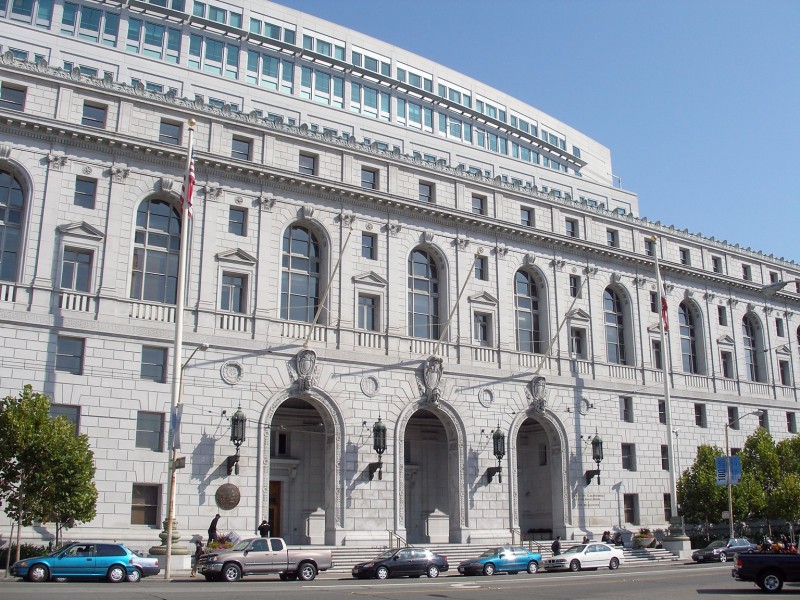The court pressed Prinzing on why it should strip the measure from the ballot entirely, limiting voters’ ability to weigh in, instead of waiting to see whether it passes and then staying the law while the court decides its legality.
Justice Goodwin Liu wondered whether the proposal went so far as to be a constitutional revision, given the state’s long history of sharing the power to tax between elected officials and voters. Prinzing said it’s because the initiative would take away the Legislature’s power to levy taxes “and turn it into a power to propose.
“The voters and the Legislature obviously operate, occupy different spaces and in the area of taxation,” she said. “This measure would obliterate that distinction when it comes to taxes…. So it’s a revision, and it’s a revision that would occur in ways that would endanger the government’s ability to provide essential government services.”
Thomas Hiltachk, the Sacramento-based lawyer representing the initiative sponsors, pushed back. When pressed by Liu as to whether the ballot measure shifts California from a republican form of government, where elected officials are granted power, to a direct democracy, Hiltachk argued that the state has never had a purely republican form of government.
“Because our Constitution, since its inception, has stated that all political power is inherent in the people and has stated that the people have the power to reform and alter their government whenever they decide it needs reform,” he said.
Hiltachk also noted that the power to approve taxes has been shared between the electorate and the Legislature “at least since 1911 and the enactment of the initiative referendum power.
“It’s a shared power between the people and the Legislature, so there is no unilateral power of the Legislature to impose taxes,” he added.
Hiltachk was pressed on whether delaying a tax proposal to get voter approval could tie the government’s hands in an emergency situation like the COVID-19 pandemic. And Liu pushed him on the provision that requires all fees to be approved by lawmakers, musing that it would strip power from the executive branch and potentially expand the referendum power.
“So if a local senior center wants to charge a fee, right, for rental of its facilities, that has to be approved now by the city council, right, in order to do that?” Liu asked. “And it is thus subject to the referendum power. If you want to impose a library fine, and you don’t give individual due process to the person subject to the fine, that too right can be subject to legislative approval? I mean, this is vast.”
Hiltachk said the measure would simply return California to a system that existed a century ago.
“What we have evolved into is an administrative state that has far too much power among non-elected bureaucrats who no one knows their name,” he said, arguing that the Legislature and local elected bodies should have to weigh in. “That’s accountability. That’s not a revision, and that does not impair essential government functions.”
The court will decide by the end of June whether to allow the measure to stay on the November ballot. If it does appear before voters, Democrats and their allies will not only campaign against the initiative but also push two of their own aimed at weakening the Business Roundtable measure’s impacts.
One would require that this type of ballot measure pass by a two-thirds majority to take effect instead of the current majority required. Another would make it easier to pass local tax and bond measures related to housing and infrastructure, requiring only a 55% vote instead of two-thirds.
